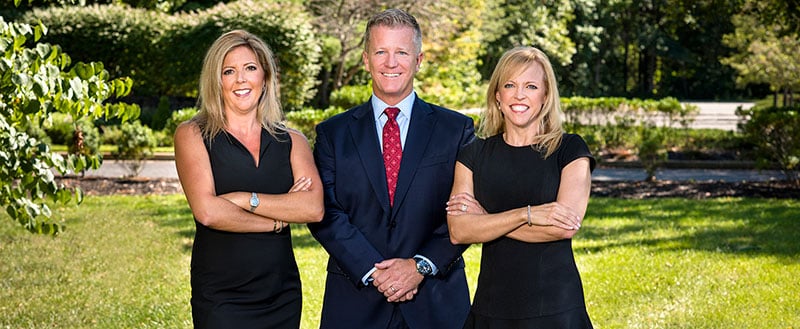Grey divorce refers to anyone who gets divorced in their 50s or later, compared to younger divorcing couples. But age is not the only factor that plays a role in differentiating grey divorce.
In fact, grey divorcees often face more hurdles than younger couples. What are these hurdles and how can they impact your ability to smoothly navigate a split?
Dividing your assets
Forbes looks at grey divorce and the unique hurdles it may present. First, grey divorcees often struggle with the division of assets. After so many decades of marriage, you likely have many accumulated and joint assets built up. Perhaps you also feel there is a risk of your spouse attempting to hide assets. Unfortunately, this is easier to do with high assets compared to fewer.
You could seek forensic financial specialists to help if you believe this is a potential problem. Doing so can ensure that you get the most equitable distribution of assets possible, which can help you after the split.
Maintaining financial stability
You may also need the aid of alimony in the period after a divorce. After all, you have likely lived to this point with the support of your spouse. Many couples rely on each other for financial security and stability. Many even share benefits, like retirement plans and savings.
In the aftermath of a divorce, you will find these plans and benefits diminished or even stripped away. On top of that, many divorcees at this age are either near retirement or have not joined the workforce in decades. The idea of returning to work or continuing for years is often harrowing. This is where spousal support comes in. You can seek it during the divorce proceedings to ensure you maintain a level of comfort you know.


